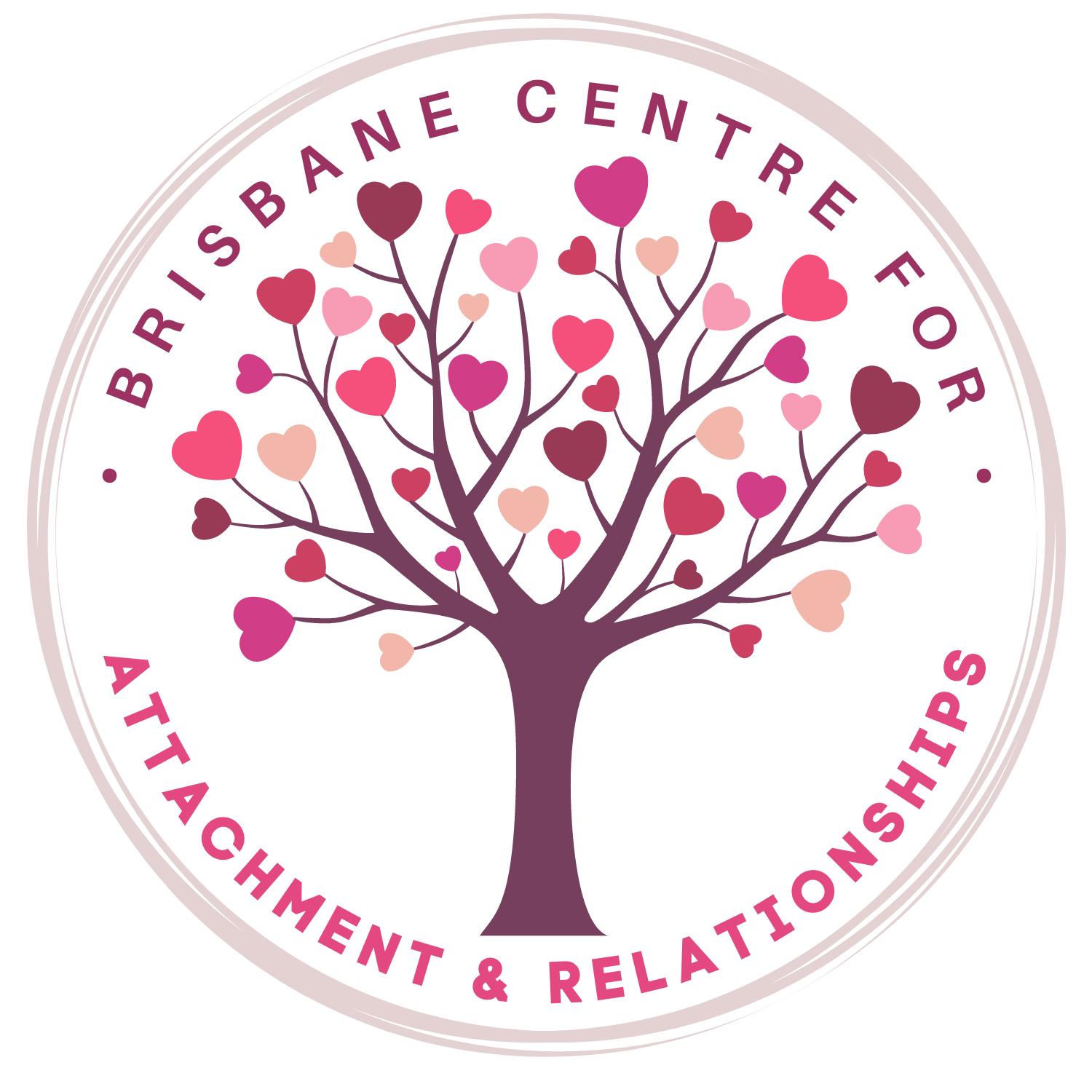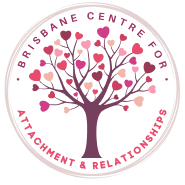What is CBT?
Cognitive behavioral therapy (CBT) is a form of psychological treatment that has been demonstrated to be effective for a range of problems including depression, anxiety disorders, alcohol and drug use problems, marital problems, eating disorders, and severe mental illness. Numerous research studies suggest that CBT leads to significant improvement in functioning and quality of life. In many studies, CBT has been demonstrated to be as effective as, or more effective than, other forms of psychological therapy or psychiatric medications.
It is important to emphasize that advances in CBT have been made on the basis of both research and clinical practice. CBT is an approach backed up by ample scientific evidence showing that the methods that have been developed actually produce change. In this way, CBT differs from many other forms of psychological treatment.
CBT is based on several core principles, including:
1. Psychological problems are based, in part, on faulty or unhelpful ways of thinking.
2. Psychological problems are based, in part, on learned patterns of unhelpful behavior.
3. People suffering from psychological problems can learn better ways of coping with them, relieving their symptoms and becoming more effective in their lives.
What does the “cognitive” part of CBT involve?
The “cognitive” part of CBT refers to cognitive therapy. This involves efforts to notice patterns of thinking that might be contributing to your distress or “stuckness” in life and focusing on reducing their hold over you.
Some of the ways we might help you do this is by:
1. Learning to recognize distortions in thinking that are creating problems, and then to challenge and reevaluate them by focusing on gathering evidence against them.
2. Gaining a better understanding of the behavior and motivation of others.
3. Using problem-solving skills to cope with difficult situations.
4. Learning to develop a greater sense of confidence in your own abilities.
What does the “behavioural” part of CBT involve?
The “behavioural” part of CBT refers to behavioural therapy. Behavioural therapy means actively doing things differently to create change in your life, such as overcoming obstacles, facing fears, gaining confidence by testing yourself, building your ability to tolerate discomfort and building your capacity to stay focused on your goal.
Some of the ways we might help you do this is by:
1. Facing your fears in gradual steps instead of avoiding them.
2. Using role playing to prepare for potentially problematic interactions with others.
3. Learning to calm your mind and relax your body.
4. Setting yourself small goals to steadily achieve to build your confidence.
How Could CBT Help Me?
Personalised CBT
Not all CBT will use all of these cognitive and behavioural strategies listed above. Your therapist will work with you, in a collaboration, to develop an understanding of the problem and to develop a treatment plan specicially for you. At the Brisbane Centre for Attachment & Relationships, we focus on empowering people to better understand their struggles and to actively shape change, in partnership with their therapist. We are with you the whole way, cheering you on and adjusting your treatment as needed to best help you to achive your goals.
Homework in CBT
As you and your therapist work your way through a treatment plan in CBT, you will be encouraged to try out certain skills and strategies at home as well as challening yourself to take on tasks that might feel scary. In this way, CBT is all about helping you to ultimately be your own therapist. Through exercises in the session as well as “homework” exercises outside of sessions, you will be encouraged to develop coping skills, where you can learn to change your own patterns of thinking, better manage your emotions, and make behavioral changes.
Information Sheets
What is ACT?
Acceptance and Commitment Therapy (ACT) is pronounced “act” and is described as a “third generation CBT.” ACT shares similar principles with CBT, but with some clear differences. Firstly, to introduce you to ACT as a form of therapy, ACT is all about accepting what is out of your personal control and committing to action that improves and enriches your life.
The aim of ACT is to maximise human potential for a rich, full and meaningful life. ACT does this by helping you to:
1. Develop psychological skills to deal more effectively with difficult thoughts and feelings, to reduce their impact and influence over you;
2. Clarify your values (your heart’s deepest desires for how you want to behave as a human being; how you want to treat yourself, others and the world around you).
3. You then use these values to guide, inspire and motivate yourself to take action: to do what matters, face your fears, live meaningfully, and change your life for the better;
4. Focus your attention on what is important and engage fully in whatever you are doing.
Credit to ACT Mindfully by Dr Russ Harris
What does the “acceptance” part of ACT involve?
The “acceptance” part of ACT refers to allowing, noticing and accepting our experiences – within ourselves, in others and in the world around us without trying to control things that are outside of our control. It is really common for humans to try to avoid or to control feelings and situations that make feel uncomfortable. ACT is based on the idea that try to control or avoid inner experiences (such as emotional distress, self doubt, frustration, fear etc.) is a fruitless task and can even make us feel worse.
Some of the ways we might help you build your ability to be accepting:
1. Building your ability to observe your inner experience without grappling with it – making room for it.
2. Noticing and stepping back from unhelpful and self-limiting thoughts.
3. Taking in the present moment more fully to live more richly.
4. Building capacity to tolerate and be with discomfort willingly in the pursuit of what matters to you.
What does the “commitment” part of ACT involve?
The “commitment” part of ACT refers to taking committed action towards your goals and values. ACT prioritises helping you to deeply connect with what is most important to you in your life – not simply goals – but what adds purpose and meaning to your life. The pull of your core values can help you to know exactly where to focus your energies and can help you to overcome obstacles as you shape the life you truly want. Some of the ways we might help you to take committed action:
1. Exploring and identifying your deepest core values.
2. Creating goals that are values-based.
3. Turning energy into committed action towards what matters most to you.
4. Discovering that you are capable of amazing feats when focused on values rather than avoidance of discomfort.
How could ACT Help Me?
Mindfulness
Mindfulness is a mental state of awareness, focus and openness – which allows you to engage fully in what you are doing at any moment. In a state of mindfulness, difficult thoughts and feelings have much less impact and influence over you – so it is hugely useful for everything from reducing psychological distress to enhancing athletic or business performance. In many models of coaching and therapy, mindfulness is taught primarily via meditation. However, in ACT, meditation is seen as only one way amongst hundreds of learning these skills – and this is a good thing, because most people do not like meditating! ACT gives you a vast range of tools to learn mindfulness skills – many of which require only a few minutes to master.
Psychological Flexibility
The general goal of ACT is to increase “psychological flexibility.” This means the ability to contact the present moment more fully as a conscious human being, and to change or persist in behavior when doing so serves valued ends. Psychological flexibility is established through six core ACT processes. Each of these areas are conceptualized as a positive psychological skill, not merely a method of avoiding psychopathology. ACT is all about living a full, rich and meaningful life, not just attempting to eradicate uncomfortable feelings or reactions.
Six Core Process of ACT
Developing Psychological Flexibility
Acceptance: actively embracing your experience – both inside and outside of your own skin.
Cognitive defusion: stepping back from thoughts and observing them from a working distance.
Present moment focus: tuning into what is happening right now and savoring each moment.
Values identification: connecting with your purpose and life direction so that it may guide your actions.
Committed action: taking committed action in the service of your values to enrich your life.
Self as context: the ability observe yourself, your experiences and your choices from a working distance.
Contact us to start your ACT or CBT therapy
Contact Us“Vision without action is a daydream; action without vision is a nightmare.”
Stephen C. Hayes


